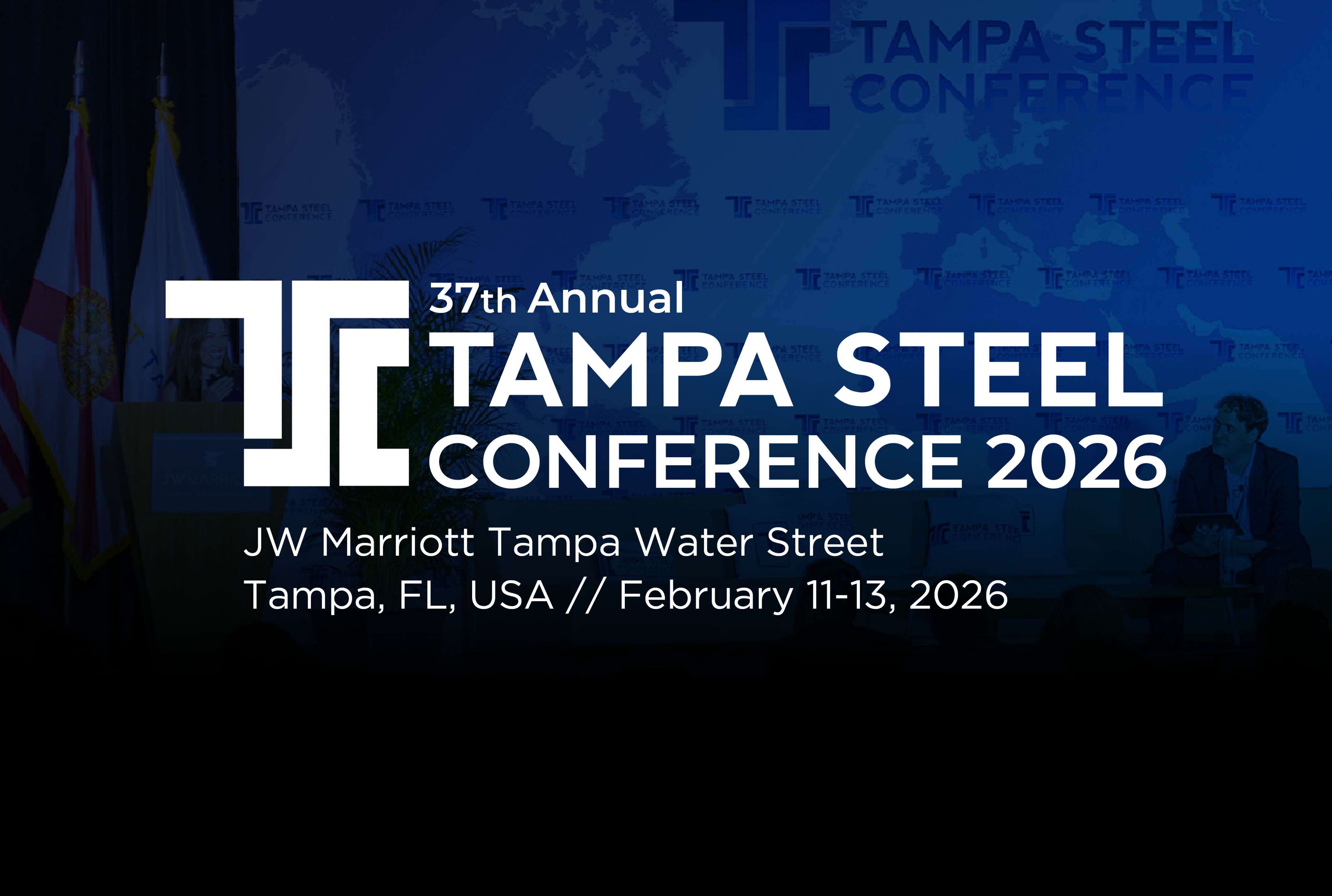Community Events

July 15, 2021
Sullivan: Strong Economy, Steel Prices Give Lift to M&As
Written by Tim Triplett
“It’s an absolute certainty we will have a stronger M&A market in the next couple years. There are a lot of businesses looking to buy and a lot of businesses looking to sell. There will be many more announcements of deals in the second half, especially the fourth quarter,” predicted Dan Sullivan, founder of Montrose Advisors, who was the guest speaker during Steel Market Update’s Community Chat webinar on Wednesday.
![]() Montrose advisors is an independent M&A and strategic advisory firm based in Chicago. Sullivan specializes in working with middle-market clients in the manufacturing, metals and industrial services sectors, including service centers, processors and fabricators. When the pandemic hit last year, M&A activity came to a virtual halt, like much of the economy. And like much of the economy, it is on the way back thanks to pentup demand, the effectiveness of the COVID vaccines and the record-high steel prices and profits that have given companies the funds they need to expand.
Montrose advisors is an independent M&A and strategic advisory firm based in Chicago. Sullivan specializes in working with middle-market clients in the manufacturing, metals and industrial services sectors, including service centers, processors and fabricators. When the pandemic hit last year, M&A activity came to a virtual halt, like much of the economy. And like much of the economy, it is on the way back thanks to pentup demand, the effectiveness of the COVID vaccines and the record-high steel prices and profits that have given companies the funds they need to expand.
An acquisition is a vote of confidence about future success, Sullivan noted. The market’s “irrational exuberance” suffered a serious blow when the bubble burst in 2008, and the Great Recession has cast a long shadow on deal activity ever since. That shaken confidence and the lack of certainty in the market has made buyers much “choosier” when it comes to acquisitions.
Certain demographic factors are at play, as well, said Sullivan. He pointed to stats showing that 75% of manufacturing companies in the Chicago area are owned by individuals 55 or older and nearing retirement age, yet half have no plans for succession. In many cases, “the boss is retiring and the kids don’t want to take over.” The situation is the same all over the country, and many will be looking to sell and cash in on the family legacy.
Service centers tend to be purchased by strategic buyers, primarily other service centers. Processors and fabricators are more likely to be purchased by financial buyers, such as private equity firms. “There is lots of money available for deals right now, a trillion dollars in private equity looking for opportunities,” Sullivan said.
But M&A deals are not all about dollars and cents. Human psychology and emotion also come into play, Sullivan told the Community Chat audience. Business has become much more costly and complex to manage. The last decade has seen one major challenge after another—the slow recovery from the Great Recession, the commodity bust of 2014-15, and COVID collapse last year. Other concerns include a labor shortage and difficulty finding good workers, the high cost of automation needed to stay competitive, and expectations of higher tax rates in the years ahead. These factors are all contributing to what he calls “ownership fatigue” and resulting in more for-sale signs in metals.
Coming up with a fair sale price for a company is not easy these days. Valuations take all the traditional factors into consideration: the company’s competitive position in the market, hard assets such as equipment and real estate, as well as its buyer universe and growth prospects. Calculating the true inventory value and earnings potential is where it gets tricky. “We can talk about EBITDA multiples, but what does that mean these days? Is it a pre-pandemic number or based on current record steel prices? When it comes to inventory, are you sitting on a gold mine or a time bomb? We can do lots of analysis to try to separate windfall profits from volume-based profits, but it requires a lot of thought between buyers and selling to come to an understanding,” Sullivan noted.
At the end of the day, a successful deal comes down to trust. Sellers need to be transparent and cooperative and should disclose any negatives upfront. “The buyer will find out during their due diligence, and you don’t want to look like you were trying to hide something,” Sullivan said. Buyers must also understand they need to be attractive to the seller, too, and be respectful of the company’s culture and traditions. “Good companies don’t need to sell, and they certainly don’t need to sell to you if you don’t treat them right,” he added.
Downstream metals M&A activity has been muted in the past decade, but has the potential to increase sharply in the next few years, though many uncertainties remain as the economy emerges from the pandemic, Sullivan said. “This industry [steel] runs on trust and relationships more than any other I have ever covered. It’s especially true when going through a transformative transaction like a sale or acquisition.”
Click here to access a recording of the Community Chat with Dan Sullivan, as well as past guest speakers. SMU’s next free Community Chat is scheduled for 11 a.m. ET on Wednesday, July 28, featuring auto market analyst Bernard Swiecki of the Center for Automotive Research. Click here to register.
By Tim Triplett, Tim@SteelMarketUpdate.com






